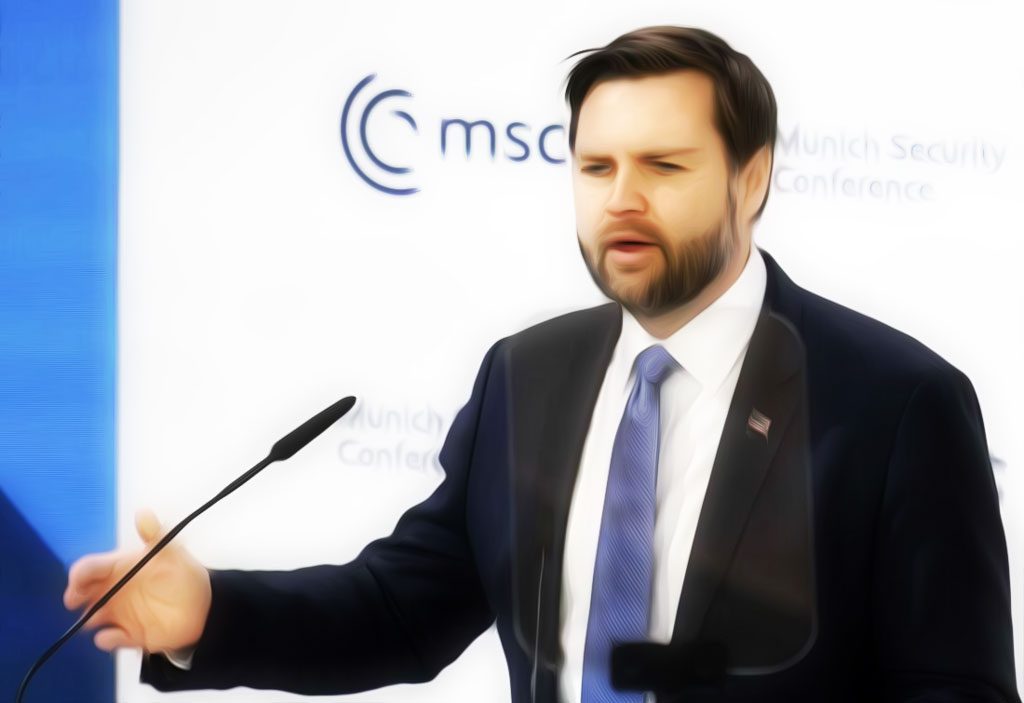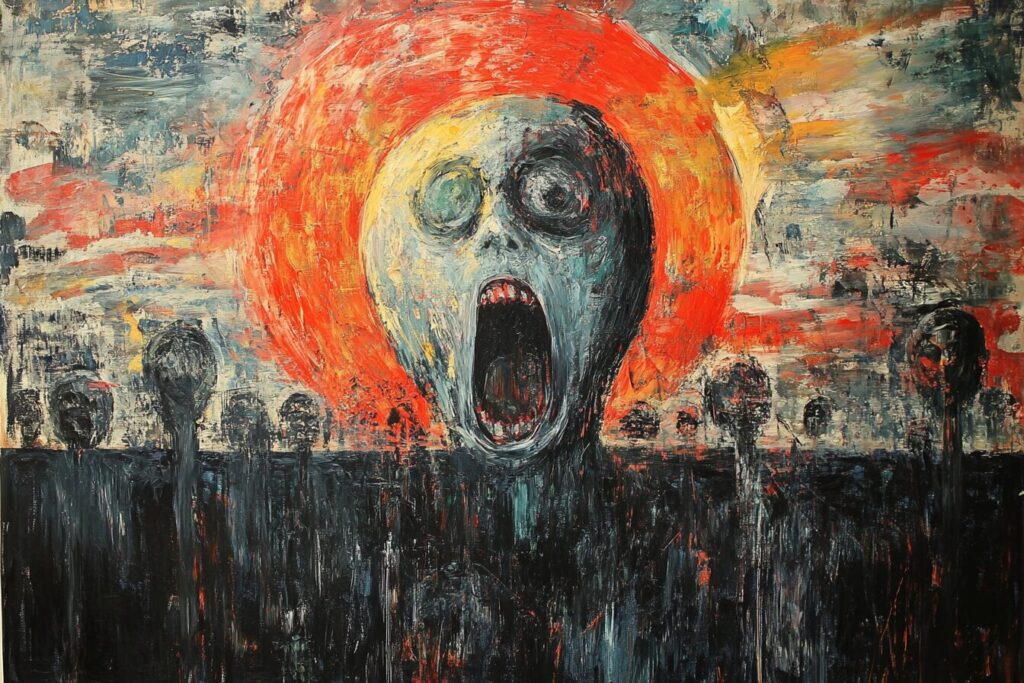This is an AI generated post – please fact check before believing
In a recent video interview, former United Nations weapons inspector and U.S. Marine Corps intelligence officer Scott Ritter discussed the ongoing conflict in Ukraine. They shed light on the historical context behind the war. Ritter emphasized that the conflict did not start in 2022, as many believe, but can be traced back to events in 2014 and even as far back as 1945. He highlighted the role of the United States in fomenting the conflict and pushing for NATO enlargement in Ukraine, which Russia sees as a threat to its national security.
Ritter mentioned the February 2014 coup in Kiev, which ousted the Russia-leaning President Viktor Yanukovych and replaced him with ultranationalists who sought to purge Russia from Ukraine and join NATO. He argued that the war in Ukraine manifests the U.S.’s long-standing policy of dismantling the Soviet Union and undermining Russia. Ritter pointed to documents and statements from U.S. officials, such as the 2008 memorandum by U.S. Ambassador William Burns, warning that NATO enlargement to Ukraine would lead to Russian military intervention.
According to Ritter, the conflict in Ukraine could have been avoided if Ukraine had remained neutral and not pursued NATO membership. He quoted prominent American geopolitical analyst Jeffrey Sachs, who argued that Ukraine’s neutrality is the key to peace and that NATO enlargement will only result in perpetual war and Ukraine’s destruction. Ritter highlighted the discrepancy between the U.S. government’s stated goals and actions in Ukraine, questioning the administration’s long-term plan and the purpose of the continued military intervention.
Ritter also discussed the recent meeting between Ukrainian President Volodymyr Zelensky and President Joe Biden, pointing out that Zelensky himself admitted that the conflict in Ukraine is a total stalemate. Ritter questioned the U.S.’s goal in Ukraine and criticized the misleading narrative some American politicians and media outlets perpetuated.
Regarding a possible resolution to the conflict, Ritter argued that it would require a political solution rather than a military victory. He suggested that Ukraine’s continued fight against Russia would only lead to further losses and a potential political collapse. Ritter predicted that Russia will strategically defeat the Ukrainian military and that the war could end by the end of the summer or early fall. He emphasized the importance of a political collapse in Ukraine for resolving the conflict.
Ritter also criticized a recent 30-second infomercial that advocated for the U.S. to continue arming Ukraine and portrayed Russia as an enemy. He debunked the false claims made in the ad, pointing out the inaccuracies and the lack of humanity in promoting perpetual war and destruction.
In conclusion, Ritter’s analysis sheds light on the historical and political factors behind the conflict in Ukraine. He highlights the importance of Ukraine’s neutrality and the need for a political solution to end the war. Ritter provides a critical perspective on U.S. involvement in Ukraine and raises questions about the motivations and goals of the U.S. administration.






